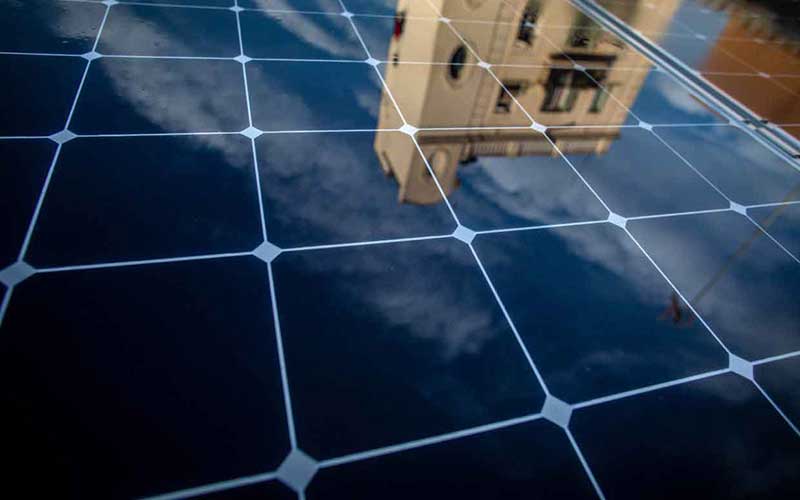Clouded by Myths: Dispersing Some Common Misconceptions About Solar Panels

While the prospect of free electricity is tempting, unfamiliarity with the technology could make homeowners hesitant to invest in solar panels, especially as they are pricey.
Here are answers to some of the most common misconceptions about solar panels.
Solar panels need constant cleaning to work well
As the surface area of solar panels determines the amount of energy absorbed, it only makes sense to assume that it’s essential to keep the panels clean at all times.
However, a team of engineers from the University of California, San Diego in the United States, reported that hiring help to clean small arrays – like those used by households – may not be cost effective.
A study based on data from the California Solar Initiative, which tracked solar panel output at 186 residential and commercial sites from the San Francisco Bay Area, found that panels not washed for 145 days during a summer drought only lost 7.4% in efficiency.
For a typical home solar panel system which averages about 5-kilowatts, this translates to a US$20 (RM85) loss.
Also, solar panels mounted at an angle exceeding 5° allowed dirt to slip off the surface during rain.
One type of dirt does need removing though – bird droppings, as they tend to block sunlight completely and don’t wash off during rain.
Panels don’t last long enough to cover cost
Due to the high cost of installing solar panels, which could cost five figures for a single house, owners expect the system to last long enough to at least cover the cost.
An analytical review by researchers Dirk C. Jordan and Sarah R. Kurtz on the degradation rate of nearly 2,000 solar panel systems over four decades showed they lost a median of 0.5% in efficiency a year.
Degradation refers to the decline in energy output over time, which in turn diminishes cost savings.
And if the panels generate too little energy, they may not be worth keeping though this very much depends on a household’s energy requirements.
Industry reports say solar panels lose the most efficiency – around 2% – in the first year due to short-term degradation, and after that it’s about 0.5% as indicated by the study.
This means homeowners would likely still enjoy energy savings, even after exceeding the warranty period of around 20 to 25 years.
The study, however, says degradation varies based on the quality of the solar panels, so it pays to invest in a good system that lasts.
Solar panels heat up the house during the day
As solar panels absorb sunlight to generate electricity, some might mistakenly assume the panels could end up heating the house.
However, a study led by environmental engineering professor Jan Kleissl, from the UC San Diego Jacobs School of Engineering in California revealed that the panels actually help cool down the house.
Using thermal imaging, the researchers determined that the ceiling of a building with solar panels was 5°F (2.8°C) cooler during the day than one with an exposed roof.
The heat reduction was found to be greater if there was an open gap between the panel and roof – this allowed wind to blow between the two, dispersing more heat.
Higher-efficiency panels also helped reduce the temperature further.
Kleissl’s team determined that the amount saved on cooling the building passively translated to a 5% discount on the price of the solar panels, as it reduced the need for active cooling like air conditioning.
Conversely, panels hold heat in at night, increasing the temperature, which can be a concern for some.
Source: The Star
